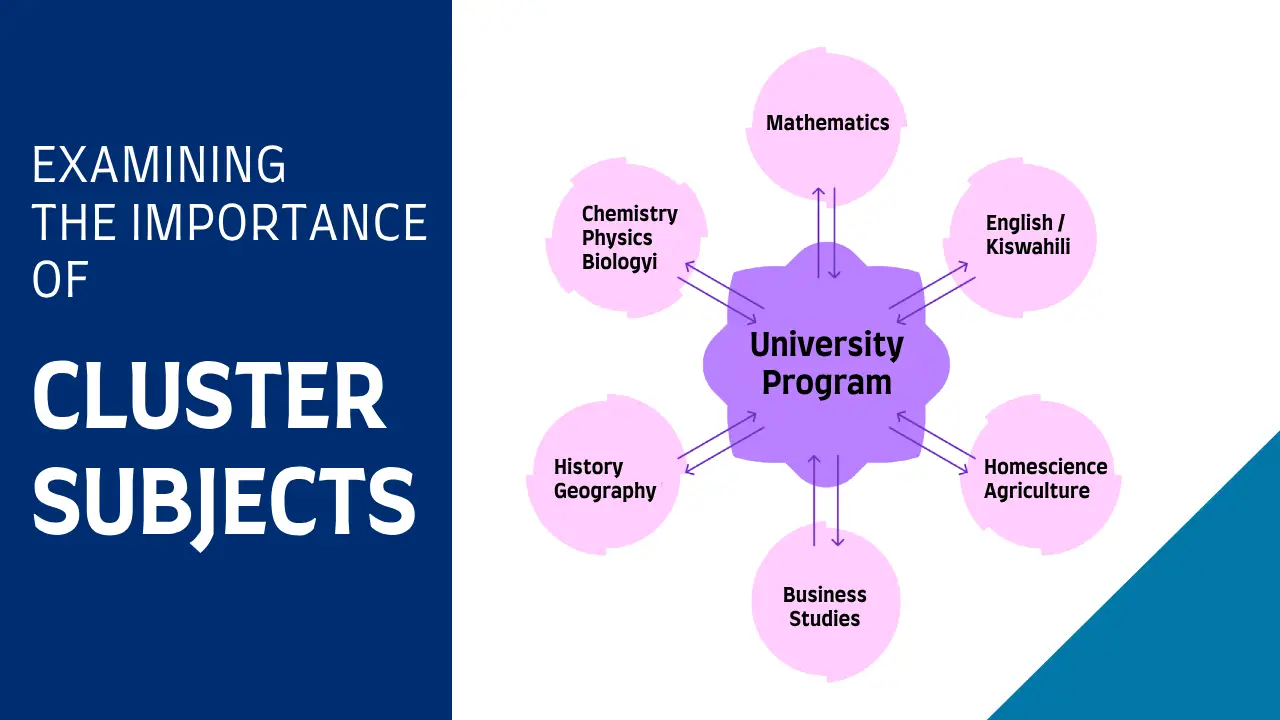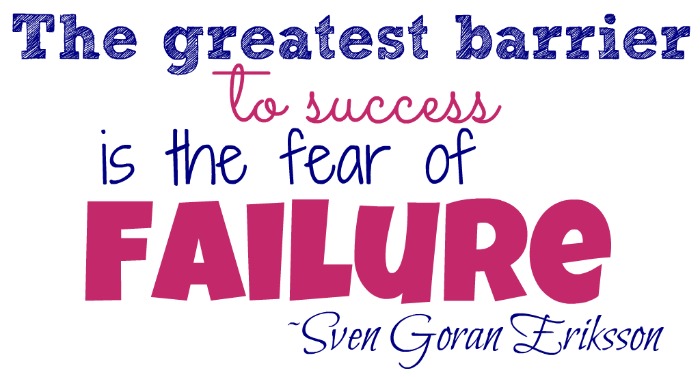My Future
Cluster Subject Requirements for University Programs in Kenya
Understanding the cluster subject requirements for various university programs in Kenya is vital for prospective students aiming to secure admission into their desired fields of study. As universities continue to adjust their admission criteria based on changing job market demands and educational standards, staying informed about these requirements can significantly enhance students' chances of successful placement through KUCCPS.

In Kenya, the university admission process is structured around specific subject requirements known as cluster subjects. These subjects are critical for determining eligibility for various degree programs based on performance in the Kenya Certificate of Secondary Education (KCSE) examinations. Understanding these requirements is essential for prospective students as they navigate their educational paths. This article provides a comprehensive overview of the cluster subject requirements for several popular university programs in Kenya, highlighting their significance in the admission process.
Understanding Cluster Points
Cluster points are the minimum scores required for admission into specific courses. Each university establishes its own cut-off points based on the performance of candidates in their KCSE examinations. To be eligible for admission, students must achieve a minimum mean grade and specific grades in designated cluster subjects.
The calculation of cluster points involves taking the grades from four relevant subjects and applying a weighted system that reflects the importance of each subject to the desired course. For instance, a student aspiring to join a medical program must excel in science subjects, as these are foundational to the field.
The Role of KCSE in University Admissions
The KCSE examination is a critical milestone for Kenyan students, serving as both a certification of secondary education and a gateway to higher education. The performance in this national exam not only determines eligibility for university admission but also influences the choice of programs available to students. Each year, thousands of students sit for the KCSE, and their results are analyzed to set the cut-off points for various degree programs.
The Kenya Universities and Colleges Central Placement Service (KUCCPS) is responsible for placing students into universities based on their KCSE performance and chosen courses. KUCCPS uses historical data on student performance and program capacities to establish cut-off points, which can vary significantly from year to year.
Required Cluster Subjects for University Programs
1. Medicine and Surgery
- Biology
- Chemistry
- Mathematics or Physics
- English or Kiswahili
Minimum Grade: C+ in each subject and a mean grade of C+. For instance, the University of Nairobi requires a minimum of C+ in these cluster subjects to qualify for the Bachelor of Medicine and Bachelor of Surgery program. The competitive nature of this field often results in higher cut-off points due to limited slots available.
2. Pharmacy
- Biology
- Chemistry
- Mathematics or Physics
- English or Kiswahili
Minimum Grade: C+ in each subject with a mean grade of C+. Pharmacy programs typically have stringent requirements due to the technical nature of the field and its importance in healthcare.
3. Nursing
- Mathematics or Physics
- Chemistry
- Biology/Biological Science
- English or Kiswahili
Minimum Grade: C+ in each subject with a mean grade of C+. For example, Chuka University requires a cluster point of approximately 39.937 for nursing programs. The nursing profession is highly sought after, leading to increased competition among applicants.
4. Engineering (e.g., Mechanical, Electrical)
- Mathematics
- Physics
- Chemistry
- Any other subject from Group II, III, IV, or V (e.g., Geography, Computer Studies)
Minimum Grade: C+ in each subject with a mean grade of C+. Engineering programs are among the most competitive, often requiring students to excel not only academically but also in problem-solving skills.
5. Agricultural Engineering
- Physics
- Mathematics
- Chemistry
- Any other technical subject
6. Bachelor of Education (Science)
Candidates must select two teaching subjects from:
- Chemistry/Biology
- Chemistry/Physics
- Mathematics/Biology
- Any combination of Mathematics with other sciences or humanities.
Minimum Grade: C+ in the chosen subjects and a mean grade of C+ at KCSE. The demand for qualified teachers in STEM fields has led universities to emphasize strong academic backgrounds in these subjects.
7. Geophysics
- Physics
- Chemistry or Biology
- Any other subject (e.g., Geography)
- English or Kiswahili
8. Geomatics
- Mathematics
- Physics
- Chemistry
- Any technical subject
9. Professional Piloting (BSc. Aerospace Science)
- Mathematics
- Physics
- English
- Geography or Chemistry
10. Quantity Surveying
- Mathematics
- Physics or Chemistry or Geography
- Any other subject from Group II, III, IV, or V
11. Agricultural Courses
- Biology and Chemistry (with some programs allowing Agriculture as a substitute).
Minimum Grade: C+ in both subjects with a mean grade of C at KCSE. Agricultural programs are increasingly relevant due to Kenya's focus on food security and sustainable farming practices.
12. Business and Social Sciences
- Varies by specific program but generally includes Mathematics and English.
Minimum Grade: Typically requires a mean grade of C+ at KCSE. Business programs often attract large numbers of applicants, leading to competitive cut-off points based on overall demand.
Importance of Meeting Cluster Requirements
Meeting the cluster subject requirements is essential as it directly influences a student's eligibility for admission into their desired courses. Even if a student has strong overall grades, failing to meet the minimum cluster points can result in denial of admission to competitive programs.
The implications extend beyond just gaining admission; they also affect career prospects post-graduation. Fields such as medicine, engineering, and pharmacy require rigorous training that builds on foundational knowledge from these cluster subjects. Therefore, students should not only aim to meet these requirements but also strive to excel within them.
Strategies for Success
To successfully navigate the cluster subject requirements, students can adopt several strategies:
- Early Planning: Students should identify their desired career paths early during their secondary education journey. This allows them to select appropriate subjects that align with their future aspirations.
- Focused Study Habits: Developing effective study habits is crucial for mastering cluster subjects. Students should utilize resources such as study groups, tutoring sessions, and online materials to enhance their understanding.
- Consultation with Career Advisors: Engaging with career counselors can provide valuable insights into various university programs and help students make informed decisions about their subject choices.
- Regular Performance Evaluation: Students should regularly assess their academic performance through mock exams and practice tests to identify areas needing improvement before the final KCSE examinations.
- Utilizing Past Papers: Practicing with past KCSE papers can familiarize students with the exam format and types of questions that may appear, boosting their confidence and performance on exam day.
Conclusion
Understanding the cluster subject requirements for various university programs in Kenya is vital for prospective students aiming to secure admission into their desired fields of study. As universities continue to adjust their admission criteria based on changing job market demands and educational standards, staying informed about these requirements can significantly enhance students' chances of successful placement through KUCCPS.
Students are encouraged to consult specific university guidelines regularly to ensure they meet all necessary qualifications for their chosen programs. By adopting strategic approaches towards their studies and planning ahead, students can maximize their opportunities for higher education success while contributing positively to Kenya's development through skilled professions across various sectors.









